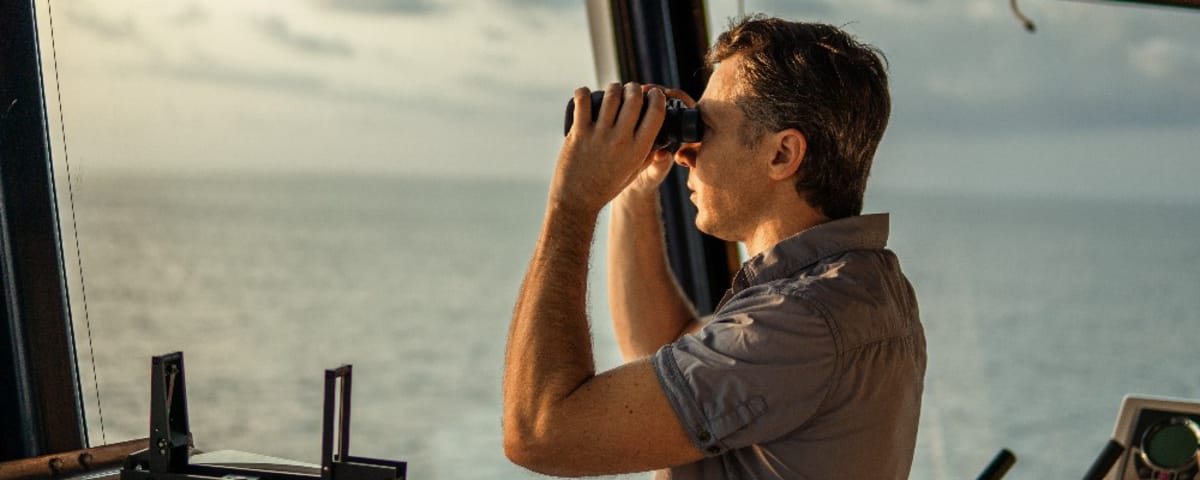The Captain’s Dilemma: Honor, Duty, and the Last to Leave
The age-old maritime tradition dictates that a captain should be the last person to leave a sinking ship. But is this a rigid rule or a flexible guideline? Historically, this expectation stems from a sense of honor and responsibility. A captain’s role extends beyond simply commanding a vessel; it encompasses ensuring the safety of the crew and passengers.
While no explicit law mandates a captain to go down with their ship, international conventions, such as the Safety of Life at Sea (SOLAS) Convention, require captains to exhaust all efforts to save lives onboard. This includes supervising evacuation procedures and ensuring everyone else has safely left the vessel before considering their own departure.
Historical Examples: From Heroism to Infamy
Maritime history offers compelling examples of captains who have exemplified this tradition, sometimes with tragic consequences. Perhaps the most famous is Captain Edward Smith of the Titanic, who perished with his ship in 1912, embodying the ideal of the heroic captain.
However, there are also instances where a captain’s survival proved crucial for understanding the circumstances of a shipwreck and preventing future disasters. A captain’s firsthand experience can provide invaluable insights for improving maritime safety protocols.
Conversely, the case of Francesco Schettino, captain of the Costa Concordia, stands as a cautionary tale. He was widely condemned for abandoning his ship well before the evacuation was complete, leading to a conviction for manslaughter and dereliction of duty.
Pragmatism vs. Tradition: A Balancing Act
In a sinking scenario, common sense should prevail. If the captain’s presence is essential for coordinating the evacuation effectively, they should remain onboard as long as necessary. However, clinging to a doomed vessel at the risk of one’s own life serves no purpose once all passengers and crew members are safe.
In the world of sailing and recreational boating, the rule is often more relaxed. While a skipper remains responsible for their crew, they are not necessarily expected to sink with their sailboat. The hallmark of a good captain is the ability to make sound decisions in critical moments, even if it means abandoning the ship.
Myth or Reality: Prioritizing Lives
So, should a captain truly be the last to leave? In theory, yes, as they are responsible for managing the evacuation. However, each situation is unique. Rather than blindly sacrificing themselves, a captain’s composure and prioritization skills should take precedence.
Ultimately, a responsible captain is defined not by their willingness to sink with the ship, but by their ability to save those under their charge. Leaving the ship last? Perhaps. Abandoning it first? Unthinkable.
Key Takeaways:
- The tradition of a captain being the last to leave a sinking ship is rooted in honor and responsibility.
- International conventions prioritize saving lives at sea, requiring captains to oversee evacuation efforts.
- Historical examples showcase both heroic adherence to the tradition and instances where a captain’s survival was crucial.
- In a real-life disaster, a captain’s priority should be saving lives, even if it means abandoning ship.
“A captain responsible does not defined by their willingness to sink with the ship, but by their ability to save those under their charge.”
Enjoyed this post by Thibault Helle? Subscribe for more insights and updates straight from the source.


